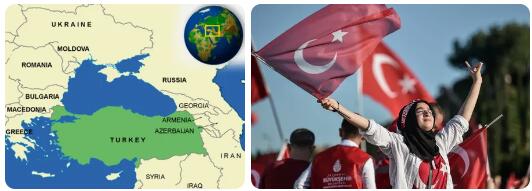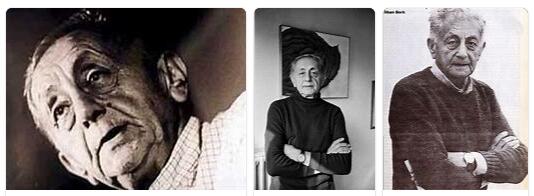Turkey Facts and History
Turkey – the gateway to the Orient Turkey, the country full of traditions located between the Orient and the Occident, is only 3% on the European and 97% on the Asian continent. Still, it belongs to Europe. The most famous big cities are Ankara and the strongly western influenced Istanbul. The European area is called […]
Continue Reading


